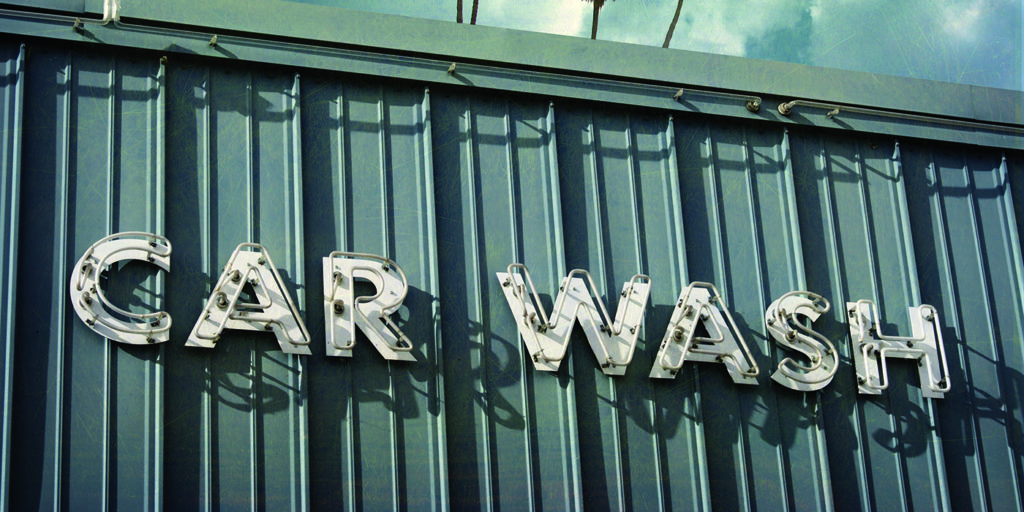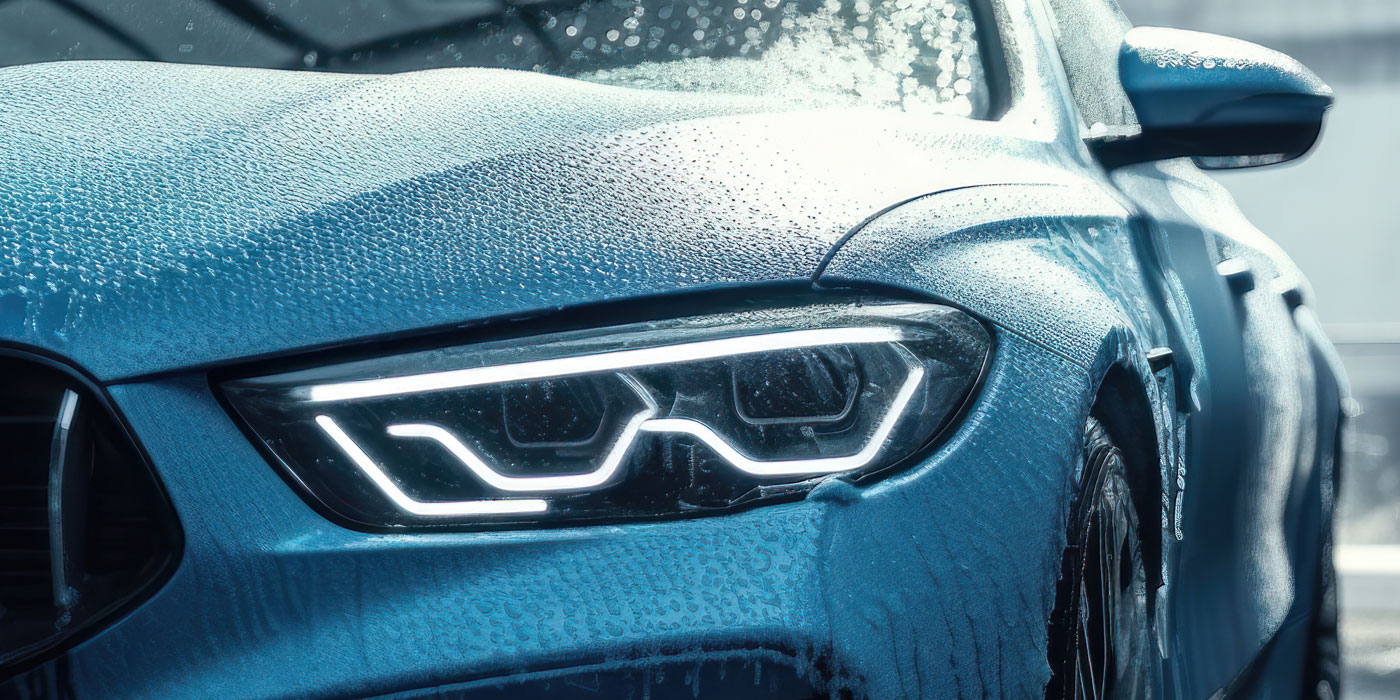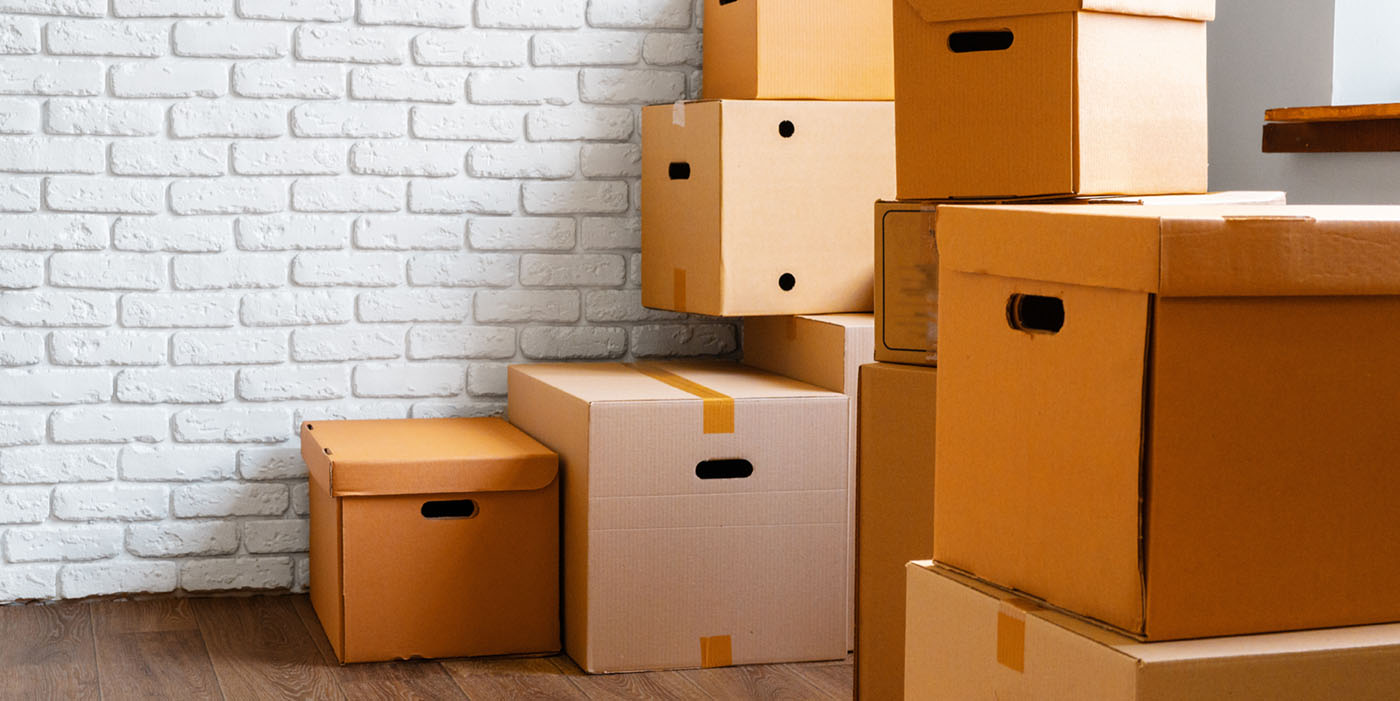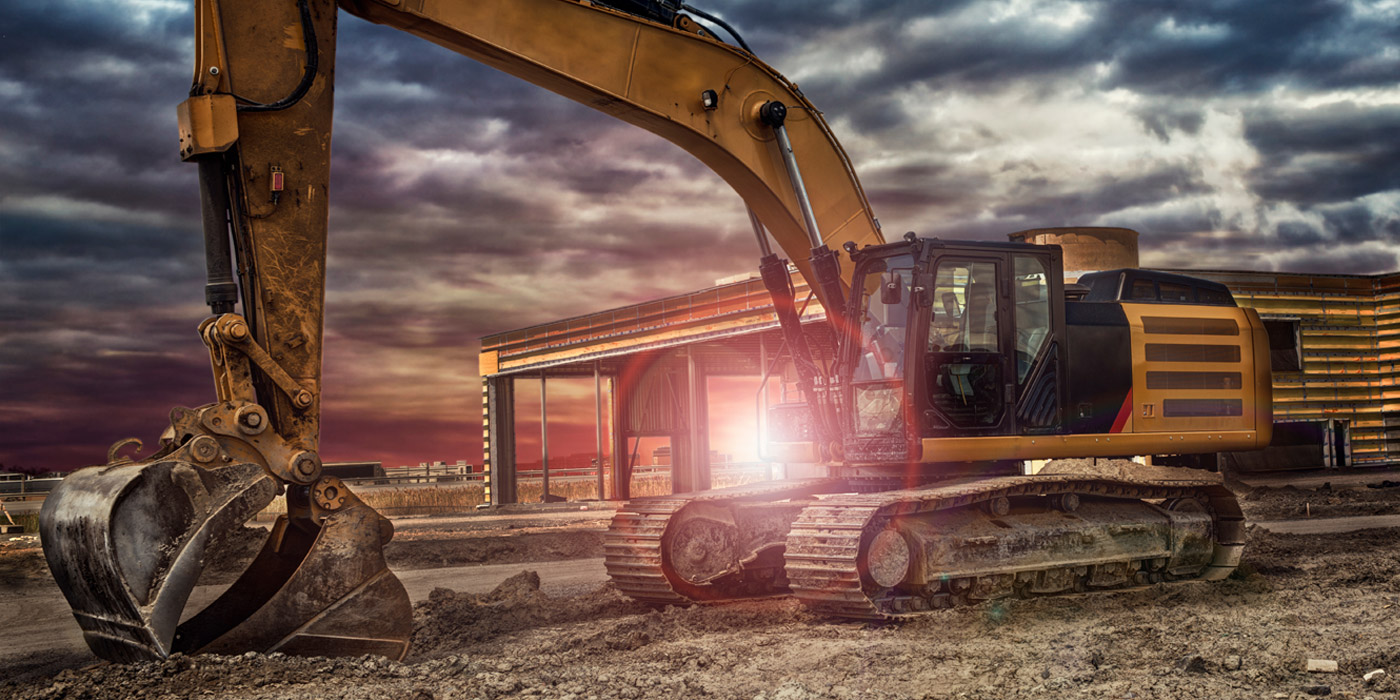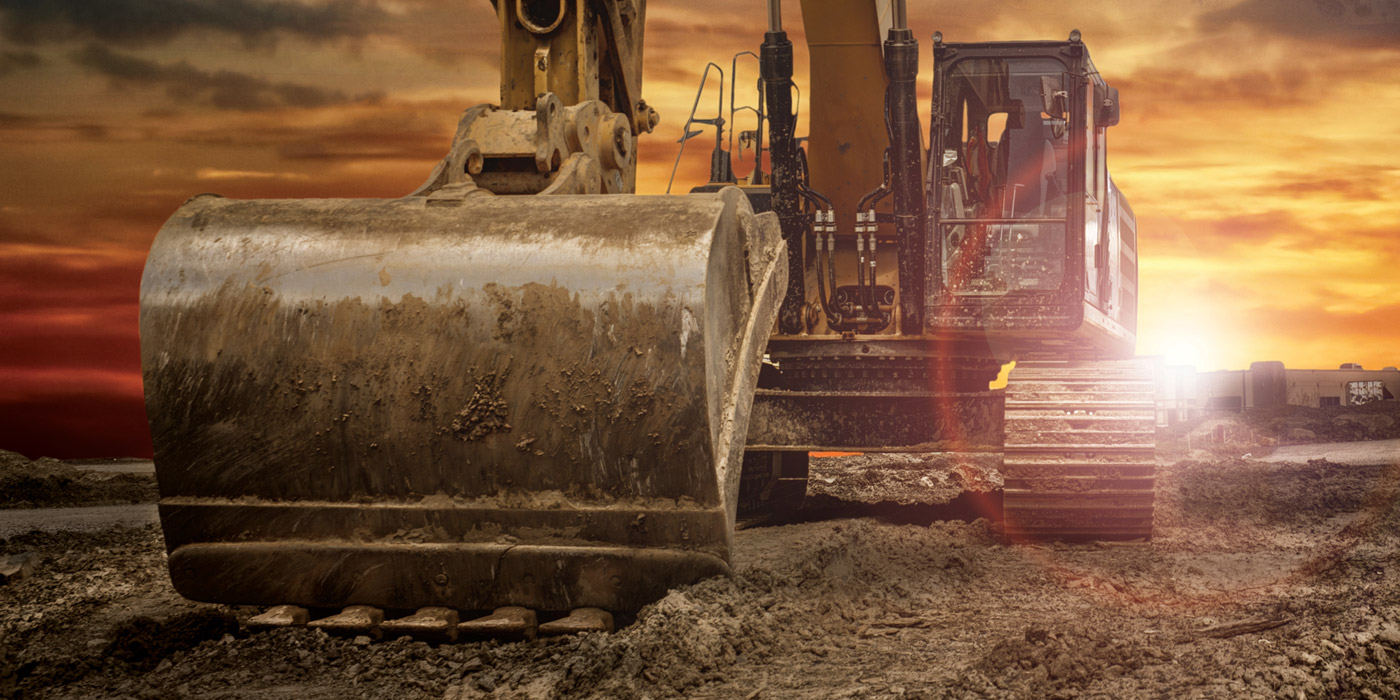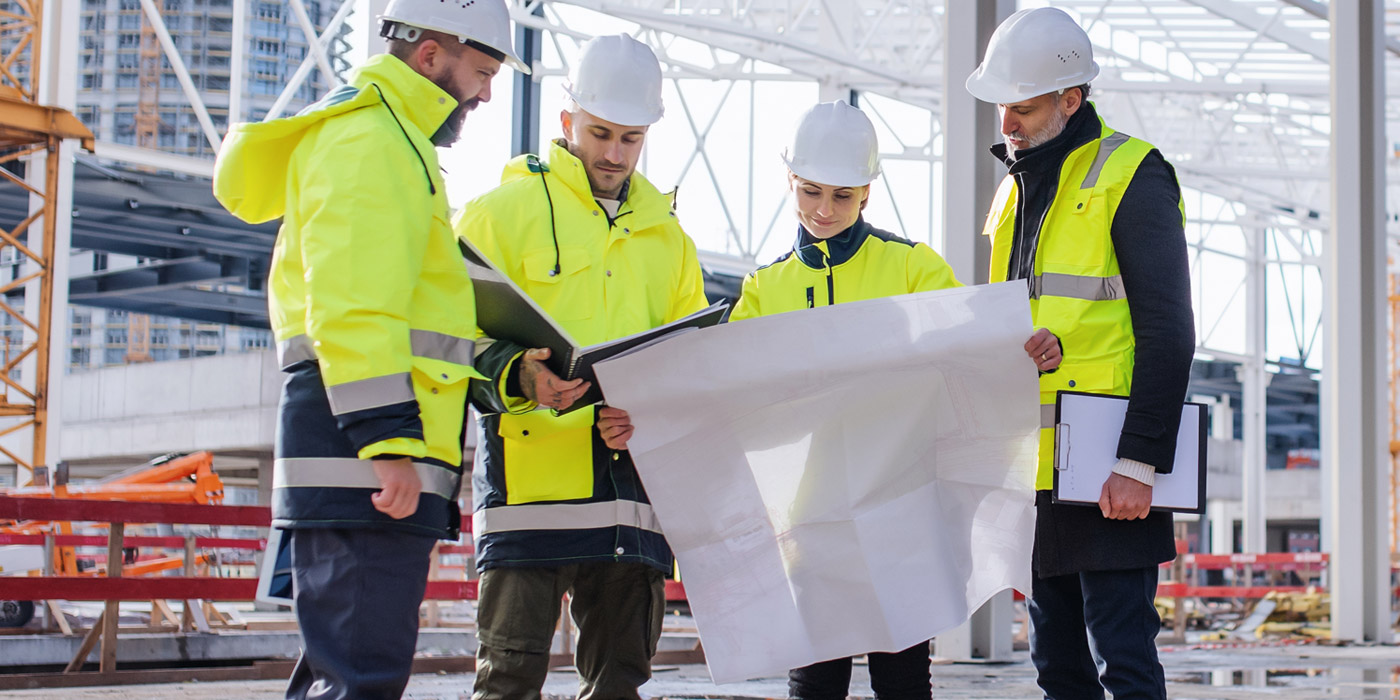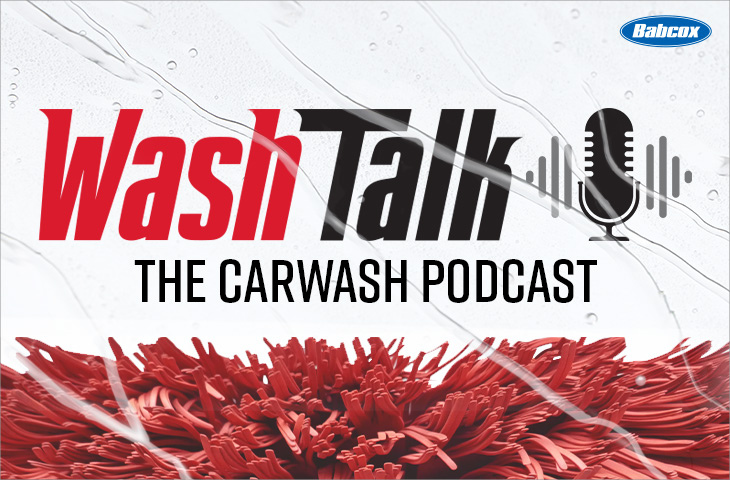The coronavirus pandemic has certainly hindered businesses across the country, and the carwash industry is no exception. When economies are hampered, businesses hurt.
We are heading in a direction where businesses, including some carwashes, will fail, which will naturally bring about more distressed opportunities to purchase. The underlying reasons why these carwashes fail vary, and the people looking to buy them have a number of avenues to procure purchase financing.
There are a number of reasons why a carwash can fail during this current economic downturn. Many small market operators will have purchased their first carwashes and were ignorant of the industry trends and norms. These owners may have struggled to run profitable businesses even without dealing with the COVID-19 tragedy.
The other side of the coin has brought large conglomerates, such as opportunity funds, that have seen less-than-expected returns and are ready to cut their losses. Many large firms invest in carwashes because they think that carwashes work like traditional real estate. The reality is, carwashes don’t work like traditional real estate, because you need really good, local operators. A local operator has more insight into the daily needs of the business’ customers and has a deeper vested interest in the community.
Distressed carwashes will generate interested buyers in buying them, and there are a couple of financing options to invest in them.
This option allows you to directly purchase the debt from the bank and play the lender’s role. This route is best suited for opportunistic investors that have the money, because most lenders would not give out a loan for a distressed business. Furthermore, you will have to close quickly due to the nature of the situation.
SBA loans are a great route for any investor with a lot of experience in running a carwash and an ability to turn around a distressed project. SBA offers two loan types. The first is the 7a, which offers up to 85% loan to value, with interest rates ranging from the low fours to high fives. The other SBA loan vehicle is the 504, which consists of a conventional first mortgage for 50% of the project cost and a second mortgage for 35% of the project cost. Both have pros and cons but are great to maximize leverage.
The carwash industry has taken a hit, but that does not mean you can’t take advantage of the opportunity and secure the right capital for you.
Dave Kotter is the principal of Integrity Capital LLC, a commercial mortgage brokerage in Scottsdale, Arizona. Integrity Capital has obtained carwash financing for dozens of clients across the nation and is an expert in the industry.
Interested in learning more about the potential of distressed carwashes? Be sure to check out our follow up video interview with the author of this article.

